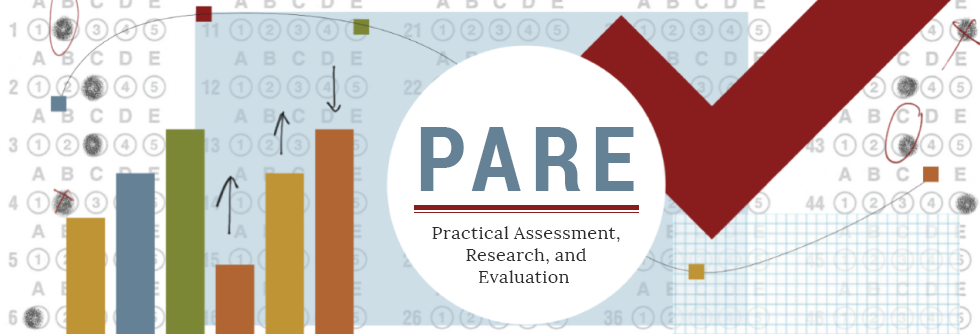Transforming Assessments of Clinician Knowledge: A Randomized Controlled Trial Comparing Traditional Standardized and Longitudinal Assessment Modalities
- Shahid A. Choudhry (National Board of Certification and Recertification for Nurse Anesthetists)
- Timothy J. Muckle (National Board of Certification and Recertification for Nurse Anesthetists)
- Christopher J. Gill (National Board of Certification and Recertification for Nurse Anesthetists)
- Rajat Chadha (National Board of Certification and Recertification for Nurse Anesthetists)
- Magnus Urosev (National Board of Certification and Recertification for Nurse Anesthetists)
- Matt Ferris (National Board of Certification and Recertification for Nurse Anesthetists)
- John C. Preston (National Board of Certification and Recertification for Nurse Anesthetists)
Abstract
The National Board of Certification and Recertification for Nurse Anesthetists (NBCRNA) conducted a one-year research study comparing performance on the traditional continued professional certification assessment, administered at a test center or online with remote proctoring, to a longitudinal assessment that required answering quarterly questions online on demand. A randomized controlled trial of 1,000 certified registered nurse anesthetists (500 randomly assigned to the traditional assessment group and longitudinal assessment group) aimed to 1) compare assessment performance between groups, 2) compare perceptions and user experience between groups; and 3) describe participant feedback about usability of the longitudinal assessment platform. The mean scaled score for the traditional assessment group exceeded that of the longitudinal assessment group when scoringthe first responses; however, upon scoring the longitudinal assessment group’s most recent responses on repeat questions previously answered incorrectly, the mean scaled score was higher than the traditional assessment group. Both groups were satisfied with their experience, with slightly higher feedback ratings for the longitudinal assessment group who also found the platform easy to use and navigate. Overall results suggest the longitudinal assessment is a feasible, acceptable, and usable format to assess specialized knowledge for continued healthcare professional certification.
Keywords: Longitudinal Assessment, Traditional Assessment, Continued Professional Certification, Continued Competency, Adult Learning, APRN Credentialing, Natural Language Processing
How to Cite:
Choudhry, S. A., Muckle, T. J., Gill, C. J., Chadha, R., Urosev, M., Ferris, M. & Preston, J. C., (2024) “Transforming Assessments of Clinician Knowledge: A Randomized Controlled Trial Comparing Traditional Standardized and Longitudinal Assessment Modalities”, Practical Assessment, Research, and Evaluation 29(1): 7. doi: https://doi.org/10.7275/pare.2028
Downloads:
Download PDF
View PDF
2620 Views
264 Downloads
